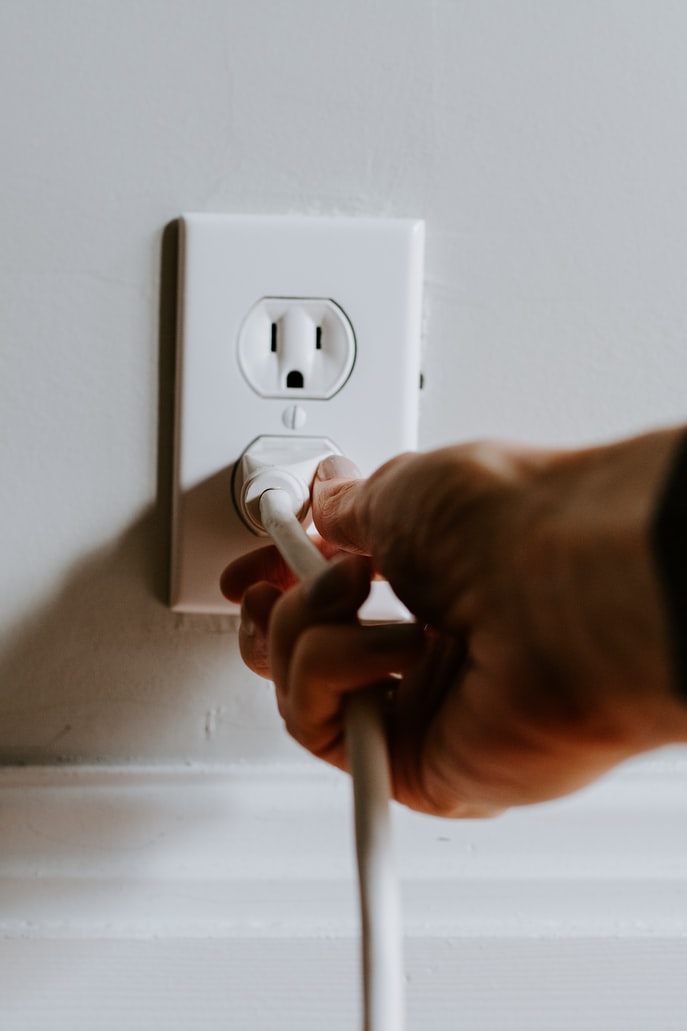Generators can be a blessing in disguise, especially if you live in an area that is marred with frequent power outages, sudden drops in voltage, or extremely bad weather that can knock down electricity poles and disrupt the electrical system. Particularly during hurricanes and other natural calamities, most residents are stranded for days without electricity, and their life comes to a standstill. Therefore, having a generator in the house is always useful.
Generators consist of an engine that works to produce kinetic energy, which is then converted into electrical energy with the help of the alternator. They usually run on fuel sources like gasoline, diesel, natural gas, or even solar energy. Nowadays, you can also find different variants and types of generators that use alternate fuel sources or consume less fuel.
In case you are considering buying a generator for your home, one of the questions in your mind would be, “how long do generators last?” It is a valid question that you should know about, so that you can decide how much you are willing to spend on it. This article covers everything regarding the lifespan of generators, and what you can do to prolong it.
How Long Does a Standby Generator Last?
Standby generators are the type of generators that start up on their own when there is a power outage. They are slightly larger and have a higher power rating, which makes them suitable for powering up all your home appliances easily. These generators are equipped with an automatic switch that senses a power loss and sends the electrical load to the generator, causing it to start within seconds. This eliminates the need for you to flip the switch and turn on the generator.
Since standby generators are larger, they are installed in one place and operated from there. On average, a standby generator can last up to 3,000 hours, provided that it is properly and routinely maintained, and it doesn’t get overloaded by extra appliances. If you experience power outages for approximately 100 hours in a year, you can expect your generator to last up to 30 years easily.
You can get a more accurate calculation by considering the number of hours per year for which you will have to run the generator. You can find this out by considering the number of hours there were power outages in the previous year. You can add a few hours on top of those, for when the generator is running during a maintenance cycle.
Even if you experience frequent power shortages in your area, you can still expect your generator to last a good 15-20 years. Moreover, if there are very few outages or instances when you have to run your generator, it can even span as long as 40 years.
How Long Does a Portable Generator Last?
Portable generators are quite compact and have a lower power output as compared to standby generators, and they are meant to be stored away or concealed unless there is a power outage, following which they are brought out and connected to the electrical system. Portable generators are available in different sizes, ranging from 0.5 kVA to 10 kVA.
Depending on the quality of the generator, particularly its engine, portable generators aren’t expected to last as long as standby generators. You can expect your portable generator to last anywhere between 1000 and 2000 hours, if it is properly and routinely maintained. If the generator runs for 100 hours every year, then you can expect it to last upto 20 years.
Portable generators are more vulnerable against moisture and dust, and these two factors can greatly reduce their lifespan. Therefore, you have to be careful about where you install or place them in your house. Nevertheless, portable generators are much cheaper than standby generators, which means that they provide good value for money even if they don’t run as long.
How Often Does a Generator Need Maintenance and Repair?
Since generators are also equipped with an engine, they need regular maintenance just like automobiles and motorbikes do. If the electricity in your neighborhood doesn’t go off for weeks, you should still turn on your generator and leave it to run for 15 to 20 minutes every week, so that the engine doesn’t wear out.
Apart from this, you should also check the oil and coolant levels in the generator once every month, and replenish them if needed. Also ensure that there is sufficient space between the exhaust and any wall, fence, shrubbery, or obstruction that can hinder its ability to expel heat. Last but not least, you should also schedule an inspection from a qualified technician every 6 to 12 months, so that your generator keeps running smoothly.
You never know when you may need it, so it is better to be proactive and maintain your generator from time to time. This will also prolong the overall lifespan of your generator. As always, you can rely on Generator Whiz to provide you with credible reviews on the best generator brands and models.

